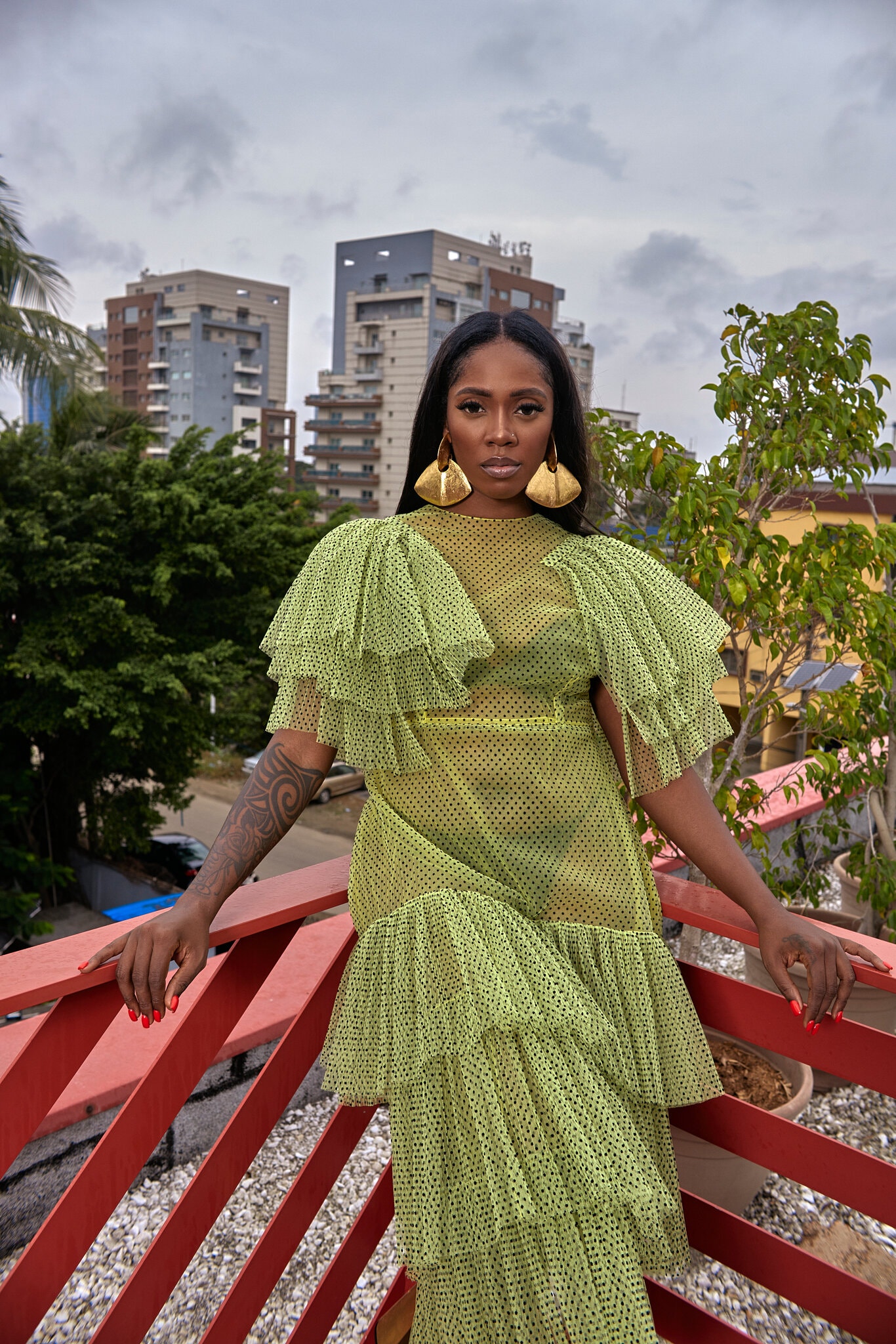Music
5 Things We Learned About Tiwa Savage in her New York Times Interview

Tiwa Savage, the “Queen of Afrobeats,” is courting an audience worldwide with her latest album, “Celia,”—her first body of work to come out on Motown Records. As a trailblazer and one of the few women in the afrobeats scene to stay the course and make a musical impact, Savage declares that she’s here to stay with this album.
The Nigerian singer, in a feature by the New York Times, among other things, spoke about her journey in the music industry, “Celia” and using her platform to encourage young African girls.
The 13-track project, which she titled in tribute to her mother, features border-crossing collaborations including the likes of Sam Smith, Stefflon Don, Davido, Naira Marley, Hamzaa, and more—pointing towards the effort of artists coming out of the African continent to have global appeal.
On her culmination and a new beginning:
When I first started out as an artist, I was seen a certain way, and I’ve grown since then. I’ve experienced a divorce, being a single mom and seeing backlash for being sometimes too sexy in a male-dominated industry.
On using her platform to encourage young African girls:
I wanted my message to be clear. I have a platform now to encourage young African girls — and just young girls in general — how important it is to be true to yourself and be unapologetically strong as a woman.
But then I would open my DMs, and I’d see all these young girls being like, ‘I love your sleeve tattoo. I love your piercing. …And it was like, I have to go back for these girls. Now I say that I want to inspire girls, but they inspired me to come back.”
I feel like as a musician, I owe it to my listeners just to have that one song where they just want to cry or they want to just be in a room and know that everything will be all right.
On her marriage to Tunji ‘TeeBillz’ Balogun:
In one of the tracks, “Us (Interlude),” which directly addresses the breakup, she sings: “I wasn’t enough/You weren’t enough/Love wasn’t enough”. She admits it had taken years to come to terms with the breakup.
It’s definitely the first time I’m being vulnerable… When we first started, it was just like, ‘Me and you, we’re going to conquer the world.’ And then it got to a point where the brand was getting big, and when I had to make a decision, it wasn’t just me and you.
On the production of “Celia”:
She convened a songwriting camp. She booked eight rooms for 15 days at the Oriental Hotel in Lagos, where producers and musicians could come and go, bouncing ideas off one another as Savage supervised, selected tracks and came up with top lines. “Just put your heart into it, and let’s have fun,” she told them.
On growing and loving music:
Savage was born in Lagos, and she grew up listening to the Nigerian music her parents loved — the politically charged Afrobeat of Fela Kuti and the juju of Sir Shina Peters — along with imported Western pop. She was 11 when she moved with her family to London, and while she was drawn to music and sang in the school choir, she dutifully followed her father’s advice and earned her first college degree in business administration, going on to work as an accountant at a bank.
But music beckoned, and Savage decided to study at the Berklee College of Music in Boston, adding jazz to her vocabulary. Her next move was to Brooklyn, where she concentrated on writing songs. One night she finished a session and left her engineer working on a track. Fantasia, who was working in a nearby studio, heard the song “Collard Greens and Cornbread” and immediately wanted to record it.
Read the full feature on www.nytimes.com
Credits
Photographed by @stephen.tayo
Styled by @iamdanielobasi
Creative Artists @manis1.0 @suleimanismail_ @ngozieme






















